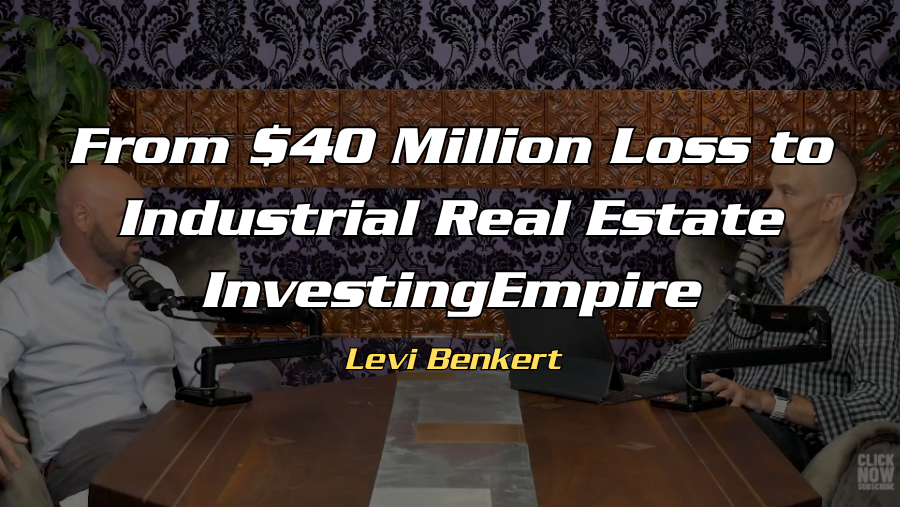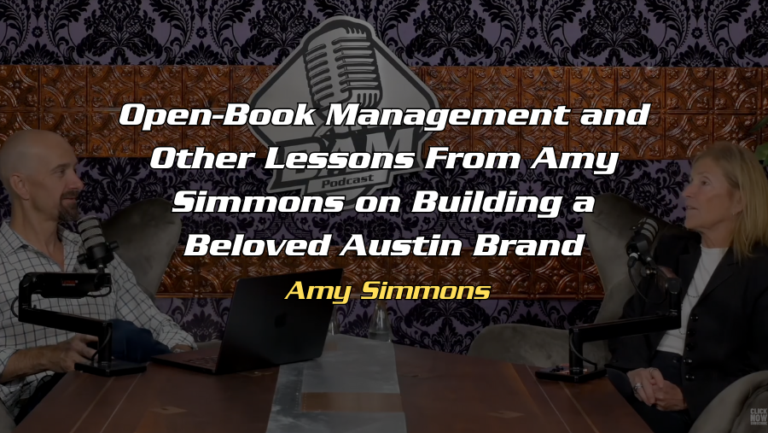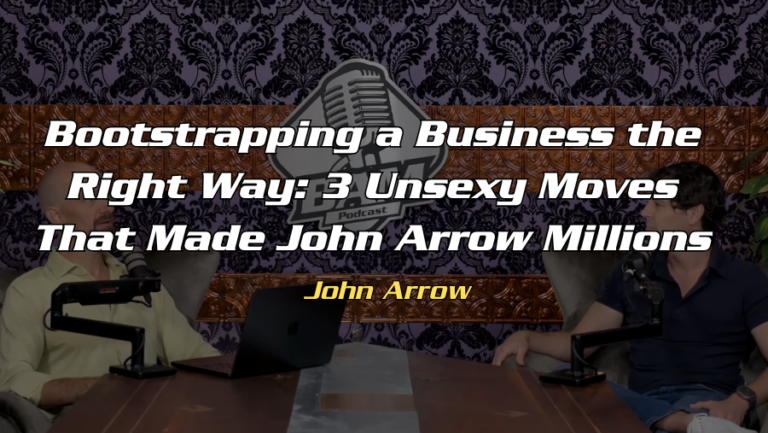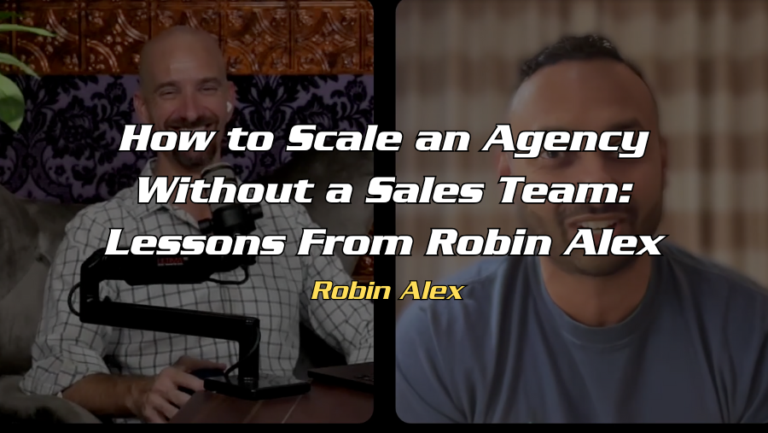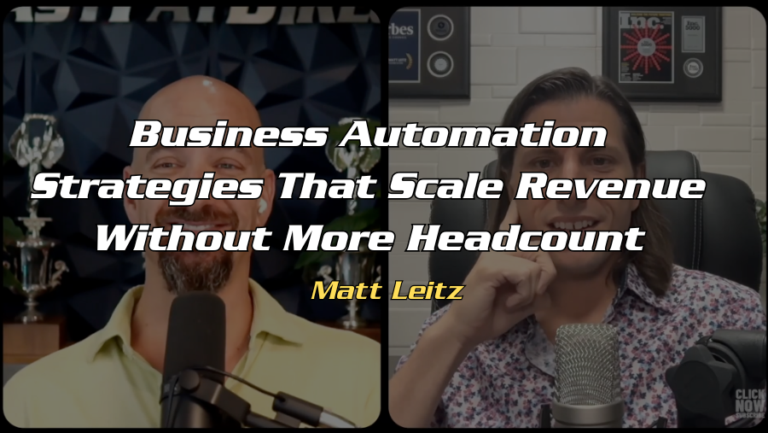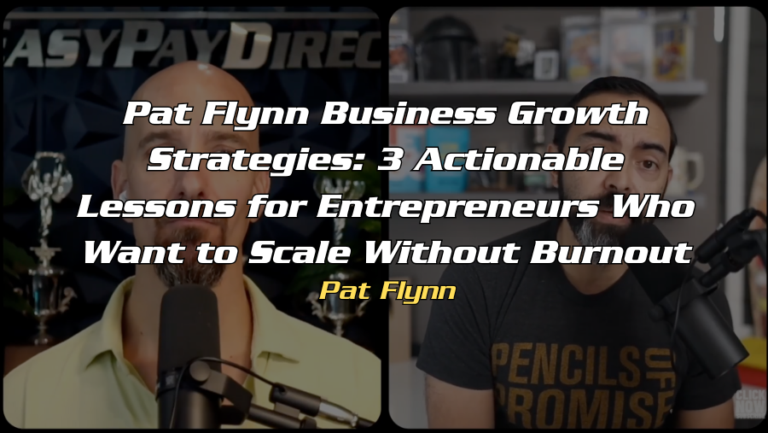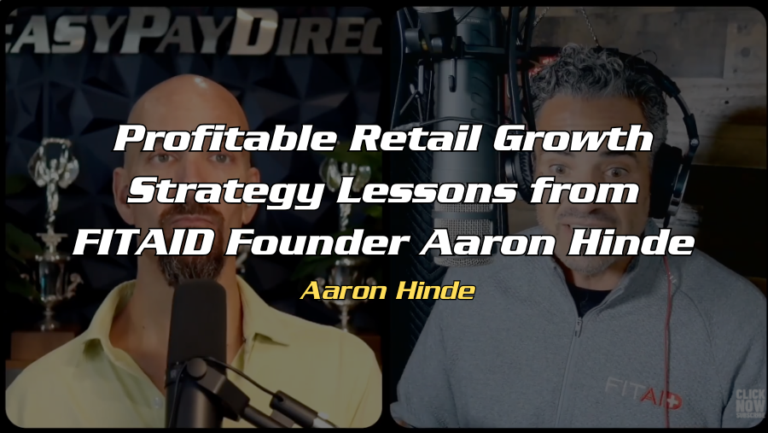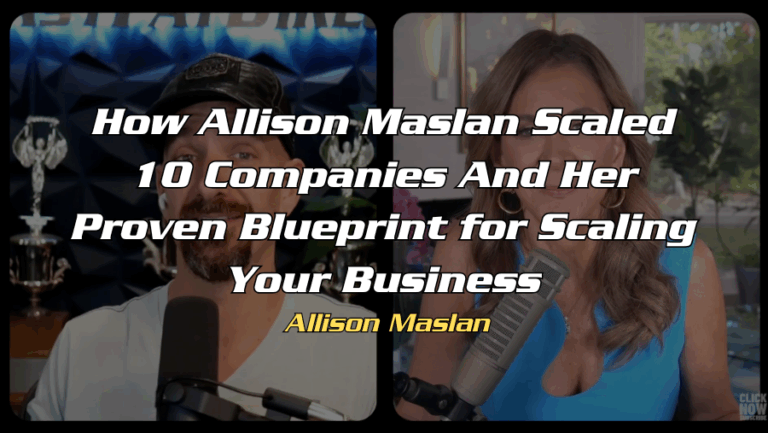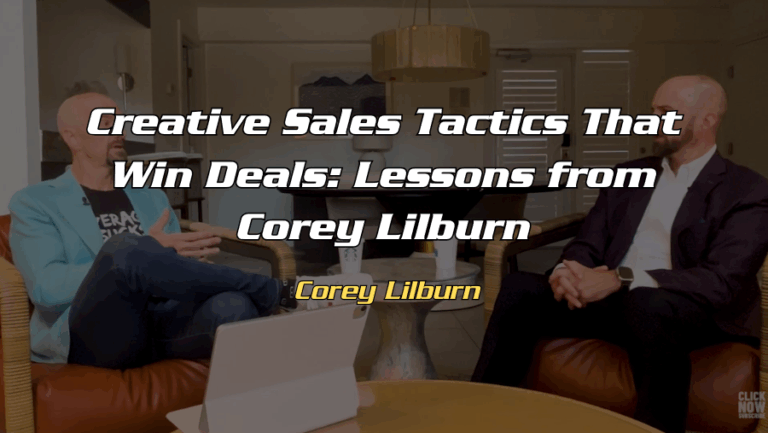Levi Benkert isn’t your typical real estate investor. He went from running coffee shops to flipping houses, losing $40 million in the 2008 crash, relocating his family to Ethiopia to run an orphanage and start businesses, and then returning to the U.S. to build a thriving Class B industrial real estate investing empire in Texas. His story isn’t just about comeback—it’s about learning to play the long game with brutal honesty and relentless execution.
You can tune into Levi’s full episode on the Beyond a Million Podcast to hear how he rebuilt everything from the ground up and the mindset shifts that helped him turn failure into fuel for massive success
In a conversation packed with wisdom, Levi shared a few key tactics that define how he thinks, invests, and builds wealth. These principles aren’t just about real estate—they’re about how to win in any volatile business environment.
Assume the Worst in Every Industrial Real Estate Deal
When it comes to industrial real estate investing, Levi doesn’t sugarcoat market realities. “We always assume interest rates are going to be higher for longer and go higher from where they’re at… We assume the worst.” He’s quick to call out how most investors get burned by relying on optimistic projections: “[The Chatham] forward curve is… wrong… like 90% of the time… We try to just assume things are going to get bad and worse.”
That mindset isn’t fear, it’s discipline. Levi underwrites deals so they’ll still perform even if interest rates rise, tenants leave, or the economy softens. “If it still works under a bad-case scenario,” he says, “then it’ll crush it in a good one.”
In a market where many investors chase short-term wins, Levi’s approach is about building resilience. The result? Sustainable growth and fewer sleepless nights.
Keep the Pipeline Full and Be Ready When Opportunity Knocks
For Levi, industrial real estate investing is a numbers game. “It’s a volume game… you want to be underwriting hundreds of properties a month… we’re never pencils down.” His team never stops evaluating deals, because the best opportunities often show up when others pause.
He shared a powerful example: “Our favorite sellers… are these corporate sellers… ‘Let’s get this stuff off our books…’” When a corporate deal fell through for another buyer, Levi’s team stepped in fast—“offered ~$64.50/ft with $500k non-refundable”—and closed the deal.
That’s not luck. That’s readiness. By always having capital ready and systems dialed in, Levi can move quickly when motivated sellers appear. It’s a reminder that in business, consistency and speed often beat size.
Never Stop Learning. Curiosity Is a Competitive Advantage
Levi’s success in industrial real estate investing isn’t just about strategy, it’s about curiosity. “I think most people… they’re kind of done learning. It’s like I did my thing, and now I’m supposed to go just get the experience. And for me… my shelf of books that I have read is enormous… I’m constantly ingesting new information… diving into different markets and how industries work.”
For him, learning isn’t a hobby, it’s a habit. “When I’m in the car, when I’m driving, when I’m walking, whatever, I’m just constantly listening to audiobooks or podcasts to try to ingest as much information as I can.” That constant flow of new ideas gives him an edge when analyzing deals, understanding tenant businesses, and spotting emerging trends before others do.
“One of the things I love so much about my role right now… is I get to go in and figure out how all of these different businesses work. That is fascinating.”
That relentless curiosity doesn’t just make him smarter. It keeps his perspective fresh in an industry that’s always changing.
Building Something That Lasts
Levi Benkert’s journey through failure, reinvention, and success in industrial real estate investing is a masterclass in resilience. His tactics, underwriting conservatively, staying relentlessly active, and learning endlessly, apply far beyond real estate.
They’re principles for any entrepreneur who’s in the game for the long haul. As Levi’s story proves, the right mindset doesn’t just help you survive downturns—it positions you to thrive when others retreat.
Want more business insights like these? Subscribe to the Beyond a Million Newsletter.

